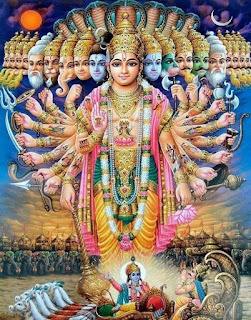There was once a time when all human beings were gods, but they so abused their divinity that Brahma, the chief god, decided to take it away from them and hide it where it could never be found.
Where to hide their divinity was the question. So Brahma called a council of the gods to help him decide. “Let’s bury it deep in the earth,” said the gods. But Brahma answered, “No, that will not do because humans will dig into the earth and find it.” Then the gods said, “Let’s sink it in the deepest ocean.” But Brahma said, “No, not there, for they will learn to dive into the ocean and will find it.” Then the gods said, “Let’s take it to the top of the highest mountain and hide it there.” But once again Brahma replied, “No, that will not do either, because they will eventually climb every mountain and once again take up their divinity.”
Then the gods gave up and said, “We do not know where to hide it, because it seems that there is no place on earth or in the sea that human beings will not eventually reach.”
Brahma thought for a long time and then said, “Here is what we will do. We will hide their divinity deep in the center of their own being, for humans will never think to look for it there.”
All the gods agreed that this was the perfect hiding place, and the deed was done. And since that time humans have been going up and down the earth, digging, diving, climbing, and exploring—searching for something already within themselves.
- Author unknown

































